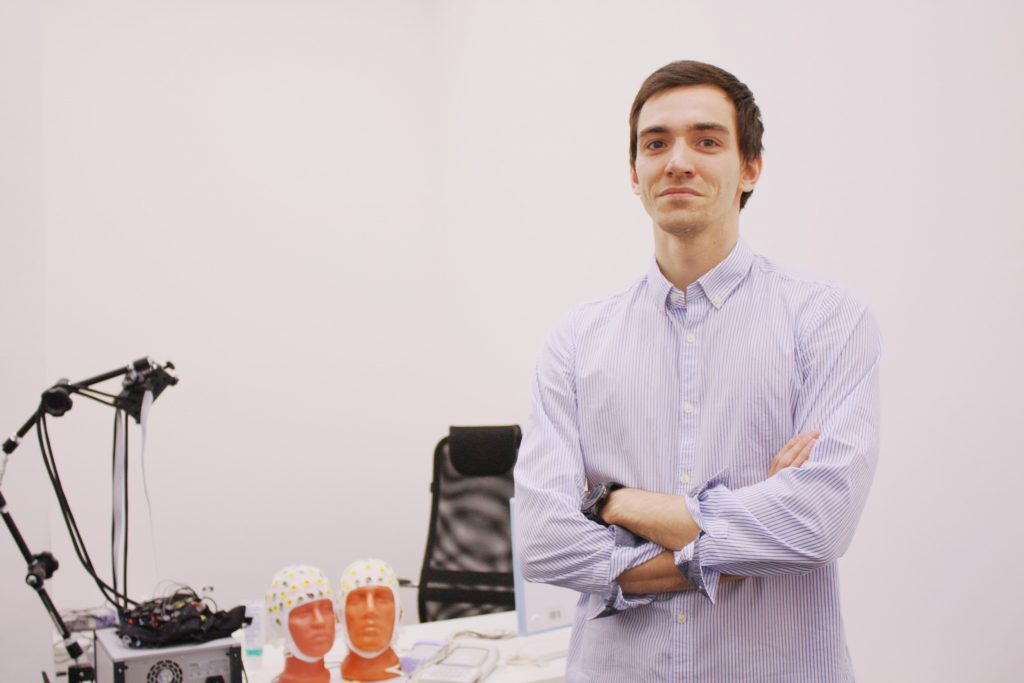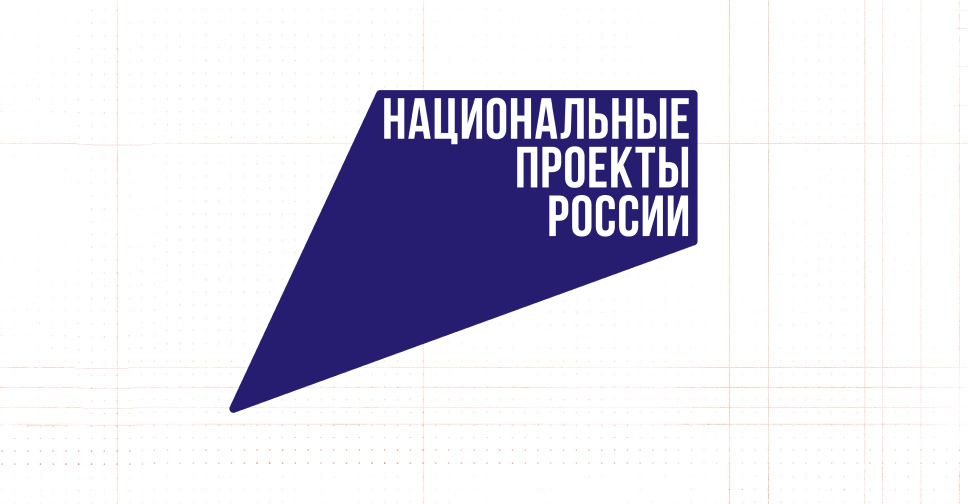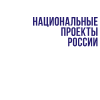Senior researcher of the Center for Technologies in Robotics and Mechatronics Components (Innopolis University) Nikita Frolov won the Russian Foundation of Fundamental Research 4 million rubles grant for a joint research with colleagues from India.
A research grant for the Laboratory of Neuroscience and Cognitive Technologies
The project «Emergence of coherent structures in brain neural network during sensory information processing: experiment and theoretical analysis» is designed for 2 years and aims to solve the fundamental scientific problem lies at the intersection between neuroscience, nonlinear dynamics and theory of complex networks and associated with the study of the mechanisms of neural interaction in the brain cortical network during perception and processing of external sensory information.

«It is well known that the processing and perception of external sensory information is associated with the formation of metastable «partially-coherent» structures in which synchronous sections of the neural network actively involved in the cognitive problem solving, coexist with asynchronous. Similar metastable patterns of coherent activity in complex networks are known as «chimeric states», and a scientific examination is a recent problem of modern nonlinear dynamics and theory of complex networks. In the context of the fundamental task, the theoretical concept of the chimeric state seems to be a suitable model, on the basis of this model it is possible to conduct a detailed analysis of the brain processes: perception and sensory information processing».
In addition to the fundamental results associated with the establishment of new patterns of the brain cortical network functioning during the sensory information processing, the results of the project will have some practical relevance. So, now it is possible to formulate strategies for human cognitive abilities training and testing, based on the characteristics of the brain neural activity.
“The project, together with our Indian colleagues from the Calcutta Statistical Institute, sets a very ambitious goal – show by experiments that chimeric states can be realized in a real brain neural network. Nikita Frolov research focus is on the brain sensory information processing, for which there is a good backlog in our laboratory. Indian colleagues will greatly contribute to the modeling of such effects in networks of neural elements. I think that the results of the project will lie in the most breakthrough direction of the modern complex networks theory” explained Professor Khramov, Head of the Laboratory of Neuroscience and Cognitive Technologies.
The project is co-implemented by the Indian Statistical Institute Kolkata. The team of researchers led by Dr. Dibakar Ghosh and Professor Syamal Dana is one of the world’s leading teams specializing in synchronization issues in model neural networks. For 3 years in a row, the scientific group led by Dr. Gauche has published more than 40 papers in leading world scientific interdisciplinary journals and physics, including Physics of Life Reviews, Scientific Reports, Physical Review E, Chaos.









